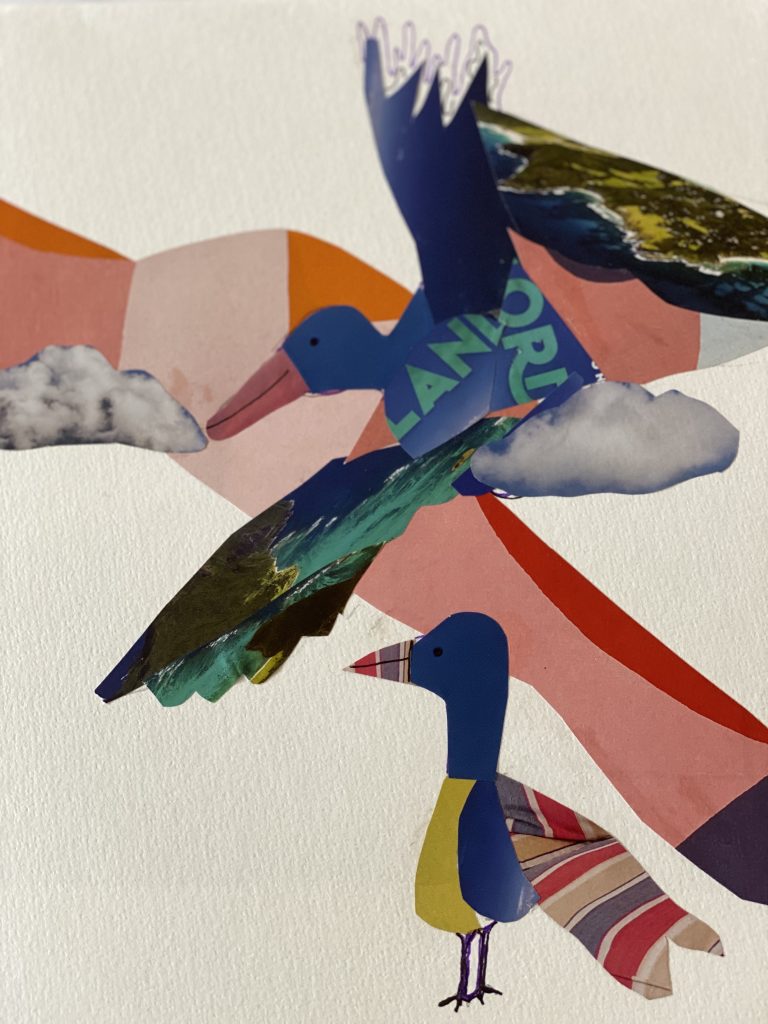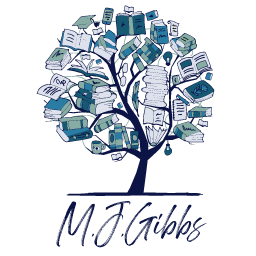Writing Tips

Writing Tips from M.J. Gibbs
M. J. Gibbs, a published author gives her advice on writing tips and shares writing tips from other authors.
Interested in self-publishing or improving your writing, fiction or poetry,
Marg offers you some useful ideas to make a difference.
Write in a relaxed place, to a deadline, when you feel sad, when you are inspired.
Where do you write?
Write on the computer, in notebooks, journal and scraps of paper.
What do you like writing about?
Write about anything from a street scene, family party, to an animal or something that pulls on the heart strings. Write when you feel angry, depressed or curious.
Write poetry that is inspired by nature and life. In my blog, romancingwithgrandma there are posts about grand children, travelling, special celebrations, inspirational and topical themes.
Try a writing project?
Write things that challenge, delight and compel you to explore about relationships.
I have written haiku, limericks, children’s poetry (The Art Room published in the NSW School Magazine) and personal poetry Shadows in my Heart and The Hope Tree published with Arrow. More than a Conquerer was a poem written after a friend’s son battled with drugs. Sandy Bottoms, a humorous poem was staged at a local primary school with year 4. I have been working and redrafting a collection of poems called Mop Up inspired by the Brisbane 1974 Floods. I write poems especially for students at school or a birthday surprise. I submit poems to the Hinterland Times. I have poems in Christmas anthologies.
My website contains two poetry clubs for teenagers.
One for boys called Voice Male and one for girls called Girl’s Room,
These poems reflect their interests such as tennis, dancing and horse riding.
Ideas come almost anywhere. They pop out and burst like a piece of chewing gum or sneak around like a spy.
M.J.Gibbs
What do you learn from other writers?
Persist. Write for yourself – to satisfy, enjoy and share with others.
“Show not tell.” Use the 5 senses to bring emotion and vitality to characters.
Do you have any hints for beginner writers?
Keep a good Thesaurus and rhyming dictionary. See the fresh possibilities of a plain idea by transforming it into an extraordinary idea.
Write because you want to write, even if it’s hard. Treat yourself to music or a lovely window view. Good writing begins in the heart with honesty and interesting thoughts, and takes us to amazing places.
Write a eulogy. Plan a poem for a grand- child. Write a bed-time lullabyVisit a like minded writing friend who will read and edit your work. Play and dabble with words.
Congratulate yourself!

Writing Tips from other Writers
“Less is more” Peter McFarlane
Know your character so well Rebecca Sparrow
Use humor to level a tragedy Phillip Gwyne
Keep a journal – write everything that motivates and moves you. Submit your work. Swap work. Read. Never stop writing. Write down words that fascinate you. Have fun writing! Catherine Bateson
Believe in yourself Adeline Yen Mah
Stalk your dreams – hunt them down. Keep persisting Michael Bauer
Let the book sit for a while before handing it over to a publisher Isobelle Carmody
Read out the dialogue to an audience to see reactions John Hefferman
I play theme music to give me inspiration Catherine Jinks
Take something you know and use your imagination Emily Rodda
Slow down and pay attention to words, the raw material from which your work is crafted, and find the one you really want. Brigid Lowry
Be prepared to change your ideas as the story emerges Gary Crew
Secret of writing is to rewrite David Metzenthen
Try participant- observation- where you go and do. Then write about it often. Hazel Edwards
